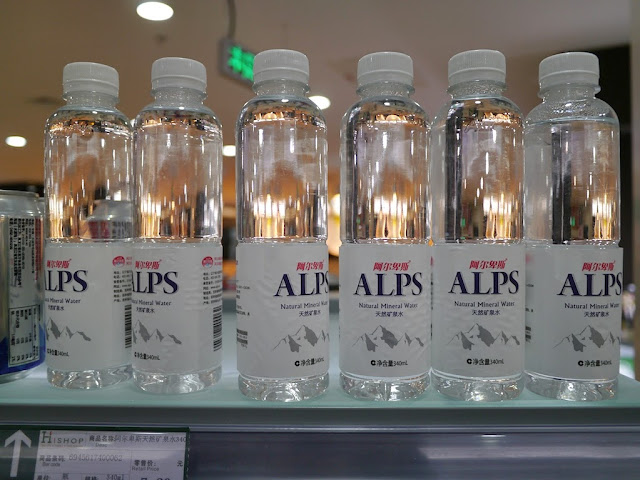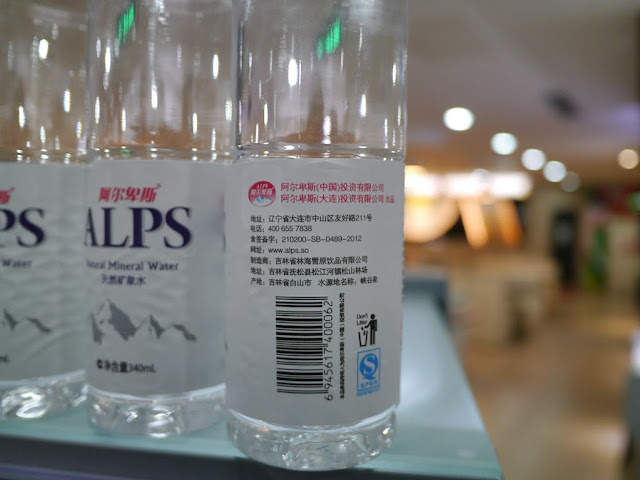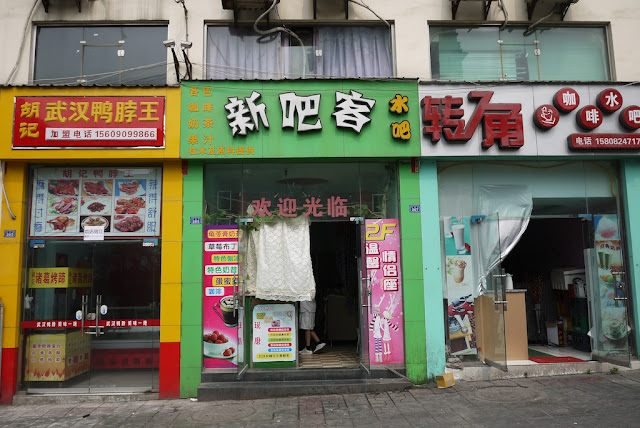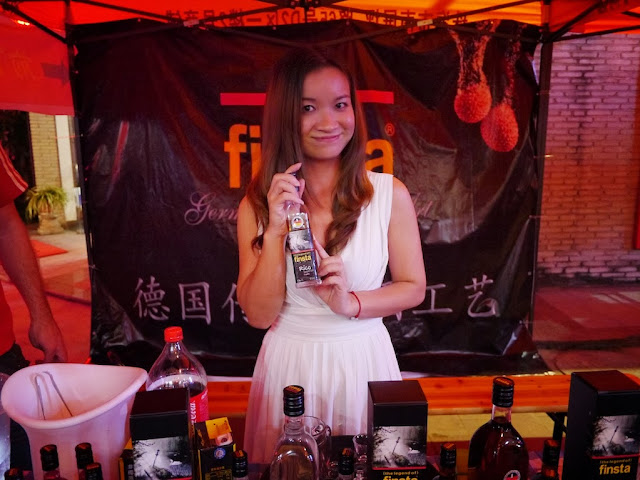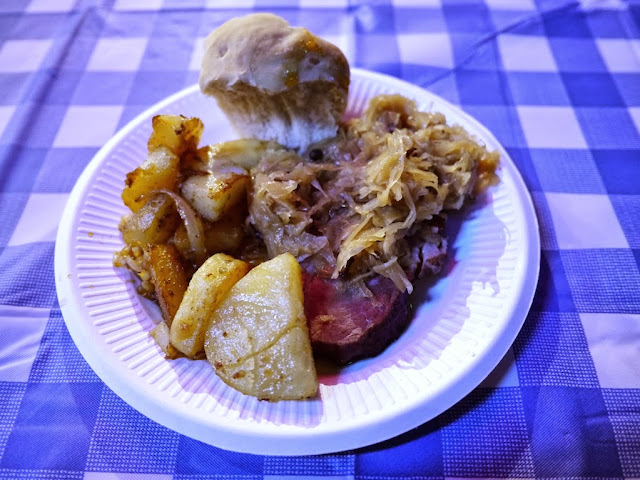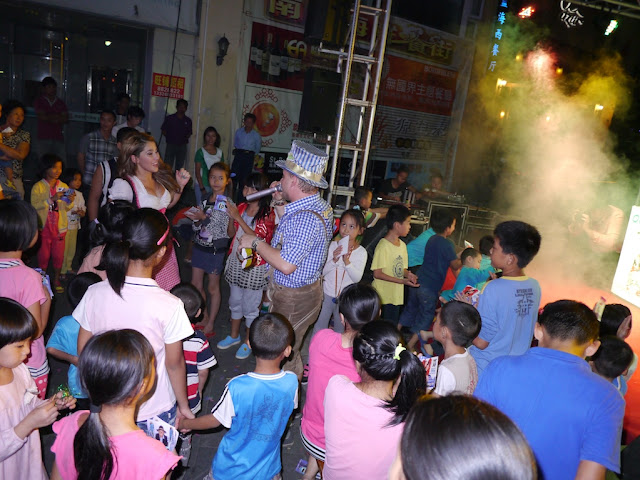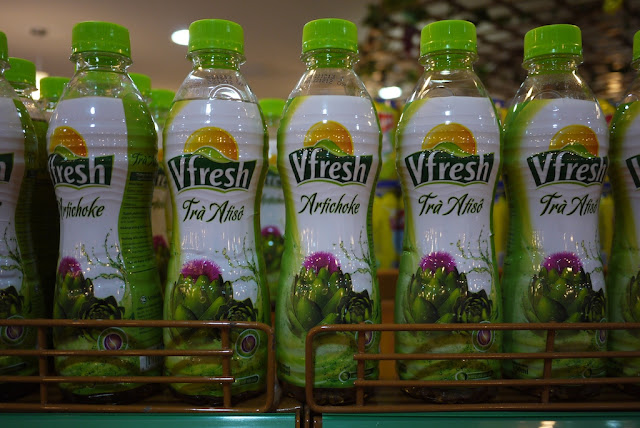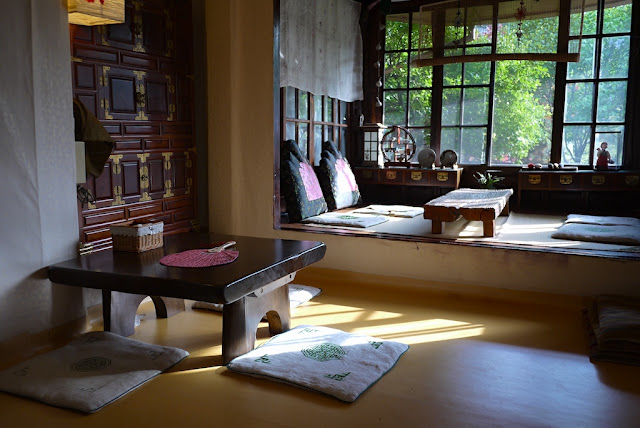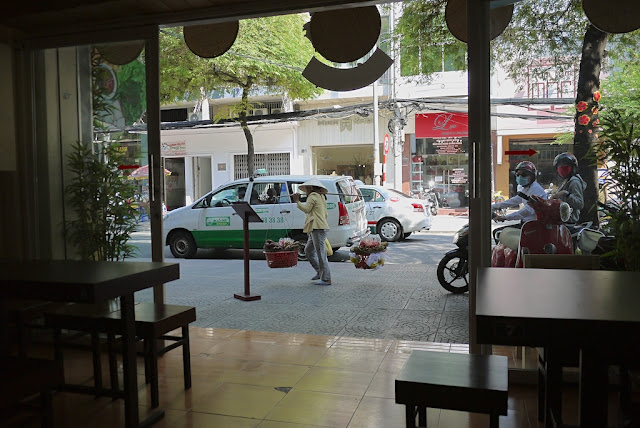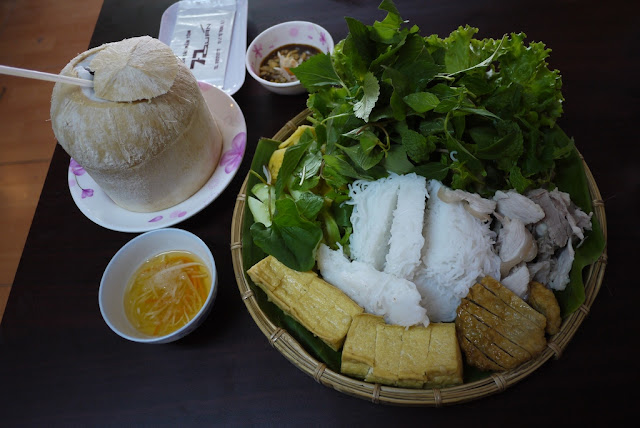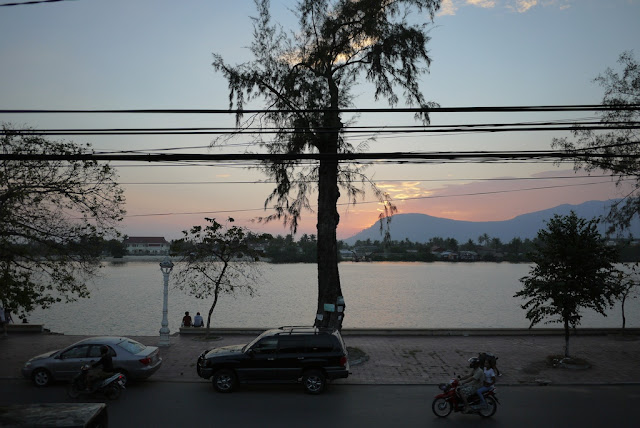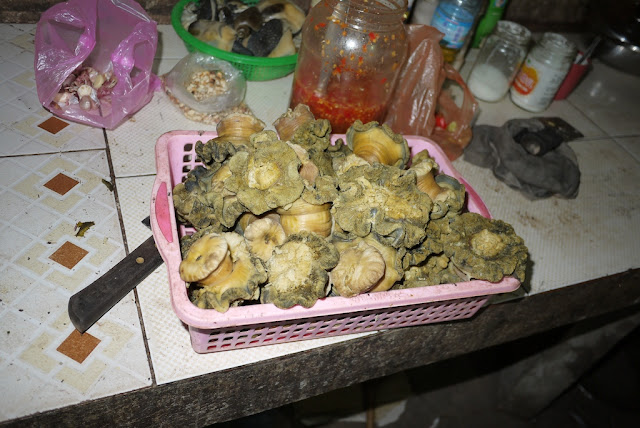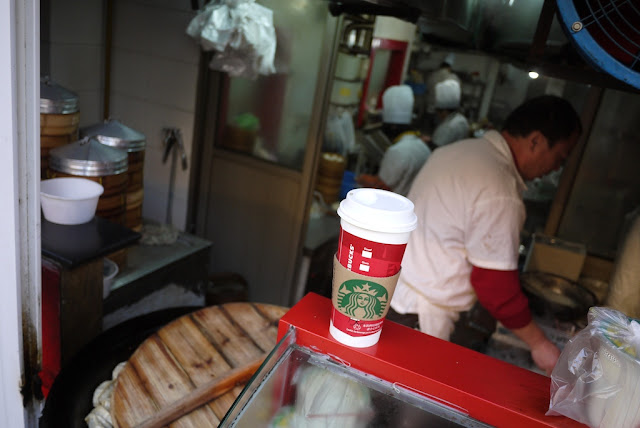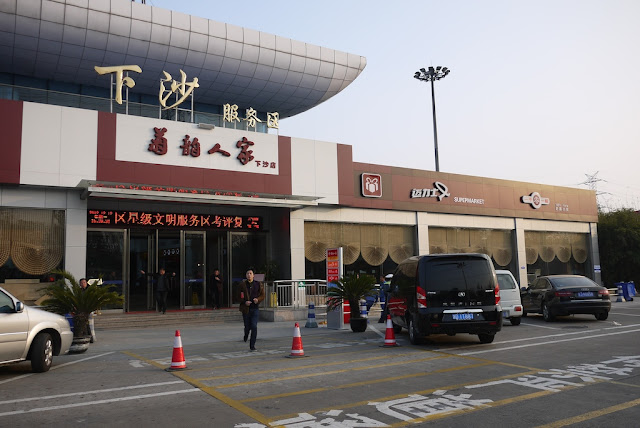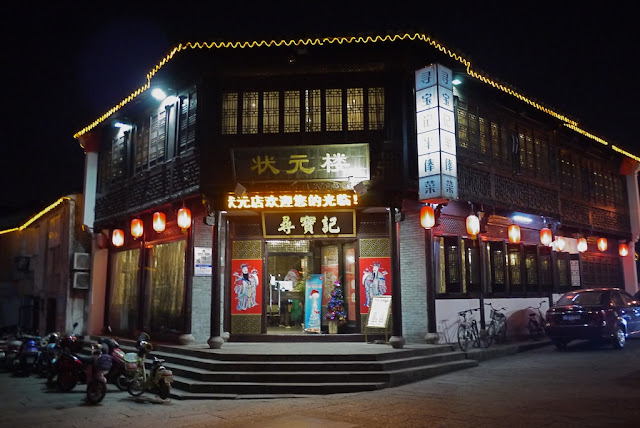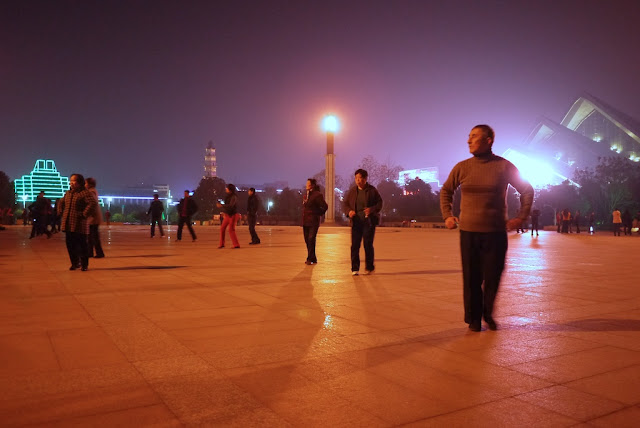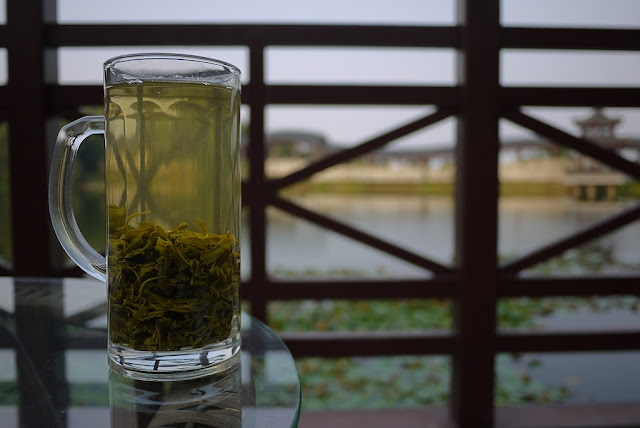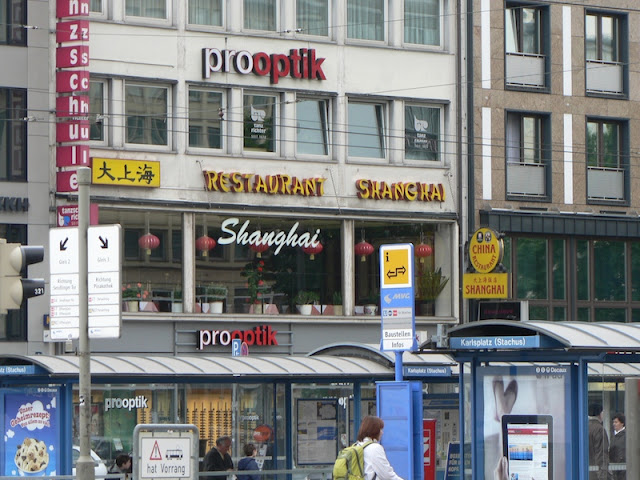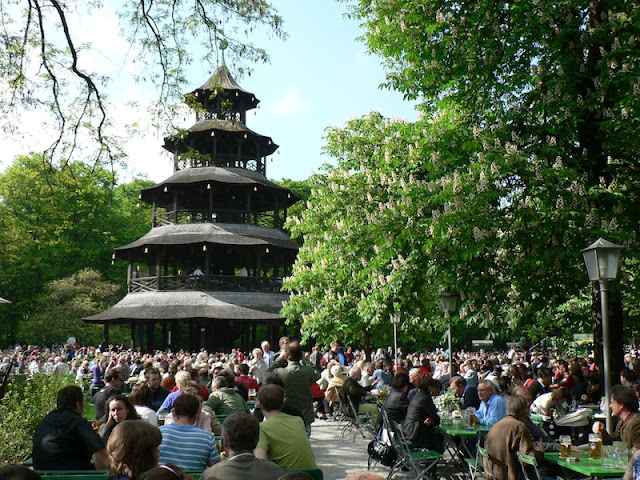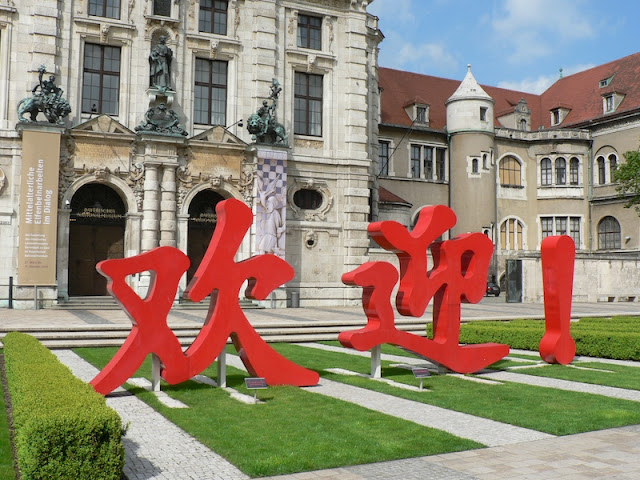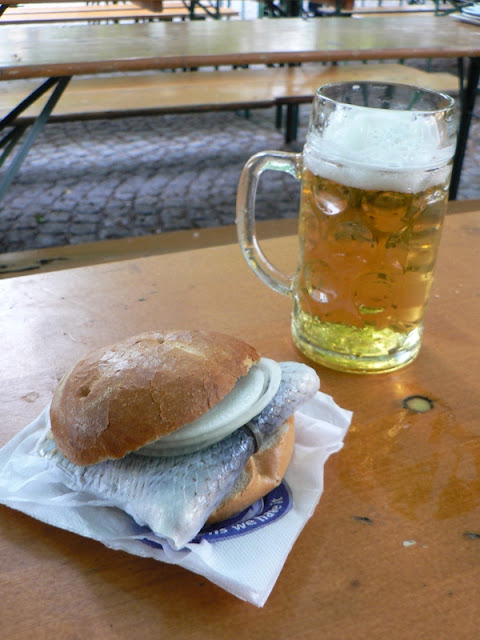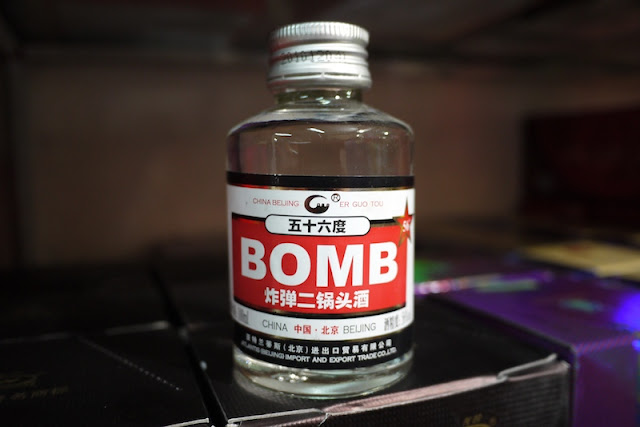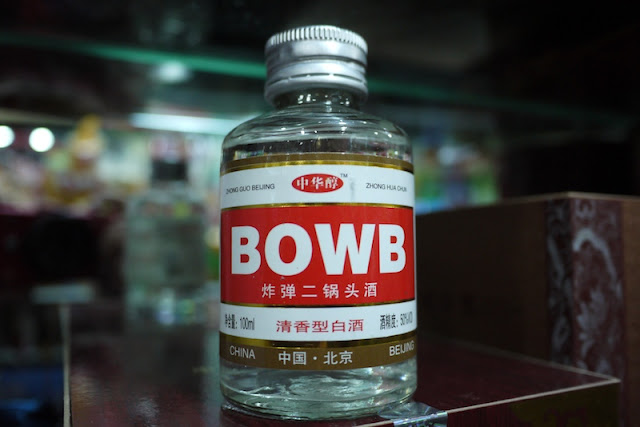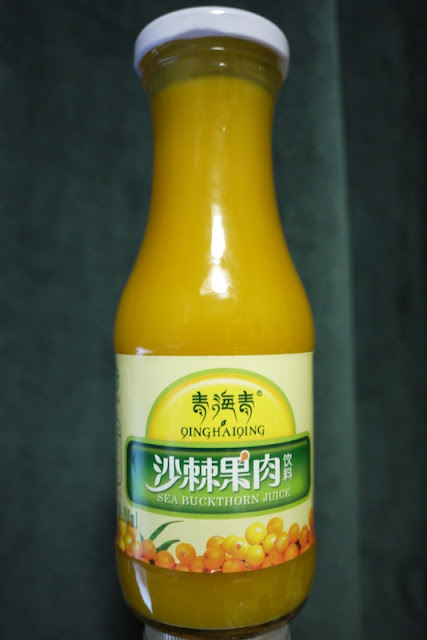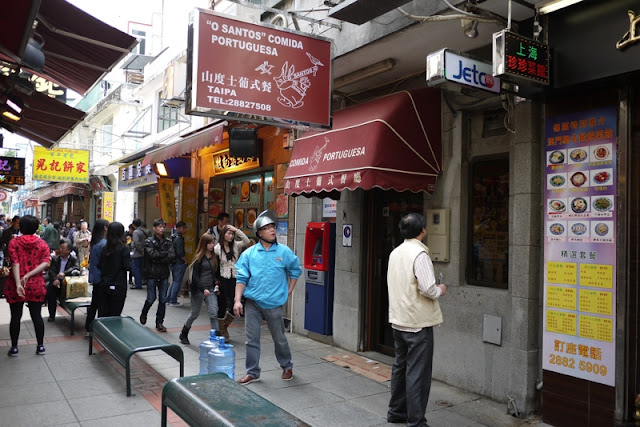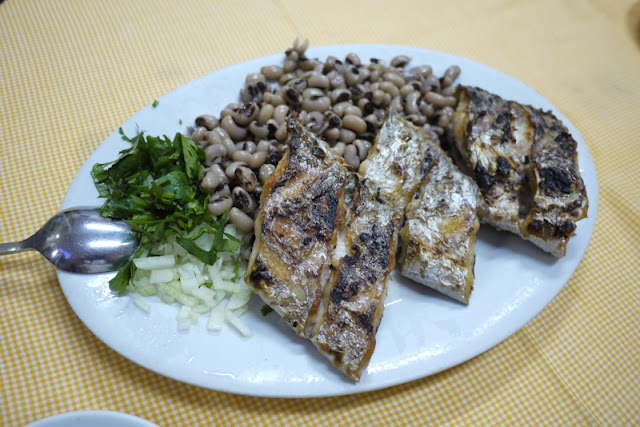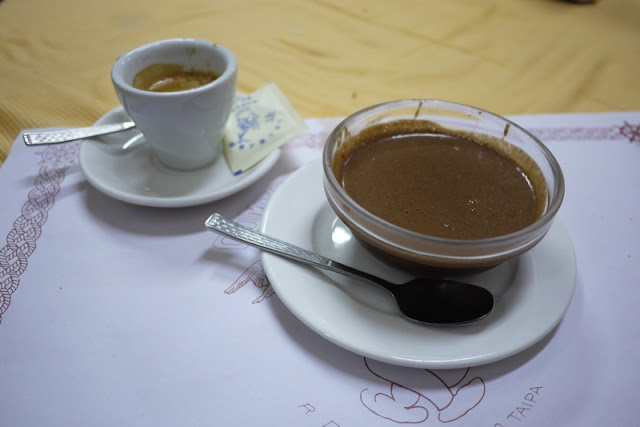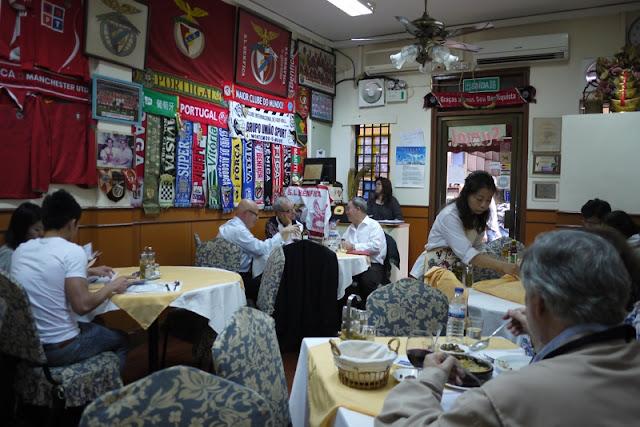In one of Changsha's more upscale grocery stores, I saw these bottles of water for sale:
I was looking for carbonated water, but water from the Alps* was tempting. Curious about the name, I took a closer look at the label:
I can't say I was surprised to discover that the water is not actually from the Alps. Instead, it is from Jilin province in Northeast China.
Since it wasn't rocket science to figure out the disconnect between the water's name and its place of origin, I wondered how it might impact sales. On a related note, in the Journal of Marketing paper "The Double-Edged Sword of Foreign Brand Names for Companies from Emerging Countries", Valentyna Melnyk, Kristina Klein, and Franziska Völckner wrote:
So perhaps Alps water will do just fine Changsha. It could be a very different story if they try to sell it in Switzerland though.**
Finally, the bottle lists the company's website at www.alps.so. I will refrain from commenting on the website, which is worth a look, but I will point out that ".so" is the internet country code for Somalia. I'm guessing this reflects the challenges of acquiring "alps" as a domain name and not another attempt at foreign branding.
*Note: The red characters "阿尔卑斯" above the word "ALPS" is the Chinese name for the Alps.
**If anyone has seen it for sale there, I'd love to hear about it.
I was looking for carbonated water, but water from the Alps* was tempting. Curious about the name, I took a closer look at the label:
I can't say I was surprised to discover that the water is not actually from the Alps. Instead, it is from Jilin province in Northeast China.
Since it wasn't rocket science to figure out the disconnect between the water's name and its place of origin, I wondered how it might impact sales. On a related note, in the Journal of Marketing paper "The Double-Edged Sword of Foreign Brand Names for Companies from Emerging Countries", Valentyna Melnyk, Kristina Klein, and Franziska Völckner wrote:
Because current regulations in most countries mandate displaying the country of production, producers from emerging countries should be aware that using foreign branding for hedonic products may backfire significantly, whereas using foreign brand names for utilitarian products may work. For example, a Chinese company may successfully export electric appliances (utilitarian products) with German brand names but might have a more difficult time selling decorative cosmetics (hedonic products) under French names.Although I would consider water to be more of a utilitarian product, the higher priced Alps bottled water might be better considered in this case as a hedonic product. However, the authors' claim does not address the possible impact of a Chinese company using foreign branding on sales within China.
So perhaps Alps water will do just fine Changsha. It could be a very different story if they try to sell it in Switzerland though.**
Finally, the bottle lists the company's website at www.alps.so. I will refrain from commenting on the website, which is worth a look, but I will point out that ".so" is the internet country code for Somalia. I'm guessing this reflects the challenges of acquiring "alps" as a domain name and not another attempt at foreign branding.
*Note: The red characters "阿尔卑斯" above the word "ALPS" is the Chinese name for the Alps.
**If anyone has seen it for sale there, I'd love to hear about it.

